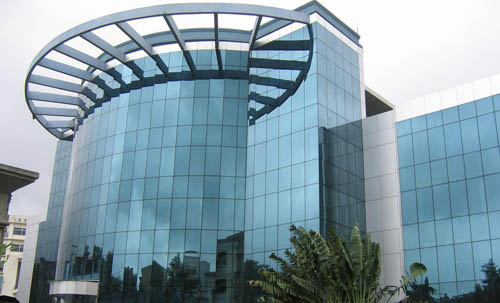By: Ravi Sinha
Track2Realty Exclusive
 As India’s realty sector goes through a liquidity crunch with banks tightening lending norms and property sales dropping, real estate developers are turning to alternative channels of funds.
As India’s realty sector goes through a liquidity crunch with banks tightening lending norms and property sales dropping, real estate developers are turning to alternative channels of funds.
Realtors are worried as the flow of money through pre-sales, or the selling of projects before they are launched, a key source of funds for developers, has also slowed.
Private Equity (PE) funds are proving to be a saving grace for the beleaguered real estate sector. So far this year, they have already invested about $744 million in India’s real estate sector across 16 deals, compared with $1.2 billion across 33 deals in 2010, according to VCC Edge, a research firm that tracks investments in the country.
While banks usually lend to real estate firms at interest rates of 13-14%, NBFCs charge 16-20% and PE firms seek returns of 24-30%.
“The biggest challenge in alternate fund-raising channels is the kind of security developers are giving these days. Typically, we dilute stake in some projects to raise money so that we can either acquire land or for project development,” said a developer requesting anonymity as it may affect his credit worthiness in future.
Kumar Urban Developers has raised Rs 50 crore from two private investors, taking its total fund raising this year to Rs. 300 crore. Similarly, Parsvnath, Supertech, Bangalore-based Jain Heights, Mighty Group, a small developer in Mumbai, they all have taken the PE funding route to keep their projects on track.
It seems PE funding with much higher high interest rate is the only option left before the developers. As per the estimates of the Confederation of Real Estate Developers’ Association of India (CREDAI), the sector will face a funding gap to the tune of USD 70 billion over the next five years.
CREDAI President Lalit Kumar Jain has said such a situation might create hurdles for the industry to grow if the Reserve Bank of India is not “proactive”.
“The housing that is required in the current Five-Year Plan is 24.6 million and it is 37 million in the next Five-Year Plan. We require USD 3.2 trillion (to meet the target). Funding gap in housing will be around USD 70 billion in the next five years. The USD 70 billion is among the current developers only,” Jain recently said.
Sunil Dahiya, Managing Director of Vigneshwara Developers is more candid when he questions who is supposed to fill the gap in realty funding. “Generally, once you pay up even 10%, you are considered a customer and customer is supposed to be the God. Now with just 10% of the subscription and in case of default, who is going to fund this gap? Is this gap supposed to be filled by the developer, government or by the banks…,” he asks.





